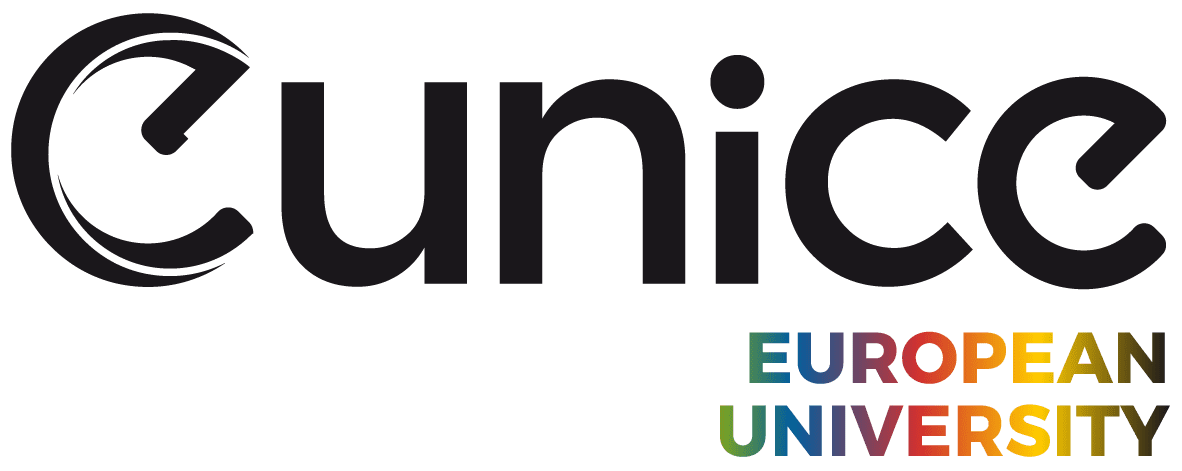EUNICE activities are being further developed and the consortium expanded to incorporate three new partners, making EUNICE an alliance of 10 member universities. The Alliance will obtain up to 14.4M euro of European funding that will secure the sustainability of the consortium’s activities until 2027.
EUNICE, the European University for Customised Education, has got approved its project in the 2023 Erasmus+ European Universities call. After a pilot of three years, and having expanded the alliance to ten partner universities, the Alliance will be able to obtain substantial funding -up to 14.4 M euros- to ensure the sustainability of EUNICE’s activities until 2027.
In January, EUNICE submitted a new project proposal, which vision is now being supported by the European Commission. EUNICE has a clear focus on transforming the educational experience for both students and teachers at a European scale. Its objective is to develop personalised educational paths, promote knowledge sharing among staff, foster interdisciplinary research, and implement educational approaches that address global challenges, while also addressing regional socio-economic issues.
The European University for Customised Education (EUNICE) was established in 2020 as a transnational alliance consisting of seven public universities: University of Mons (UMONS), University of Vaasa (UVA), University of Catania (UNICT), University of Cantabria (UC), Université Polytechnique Hauts-de-France (UPHF), Brandenburg University of Technology Cottbus-Senftenberg (BTU), and Poznan University of Technology (PUT). In 2022, the alliance expanded by welcoming three new members: Polytechnic Institute of Viseu (IPV), University of the Peloponnese (UoP), and Karlstad University (KU).
The collective goal of the member universities is to provide unique and personalised educational pathways to students, to foster interdisciplinary approaches to solve complex problems, and to collaborate with local partners in order to enhance regional effectiveness and vibrancy.
“We, at EUNICE, believe that together we can overcome the barriers that each of our institutions faces individually. Ultimately, our success will help to stregthen European communities to overcome contemporary social and economic challenges, and by extension create new solutions for Europe as a whole,” stated Prof. Teofil Jesionowski, Rector of Poznan University of Technology (PUT-Poland), the institution coordinating this project.
Training a new generation of Europeans
EUNICE universities want to shift from a classical model of higher education, where students are passive recipients of expert knowledge, to an approach focused on flexibility, empowering diverse learners to realise their full potential. The objective is to prepare professionals for the twenty-first century, equipped with the skills and knowledge needed to innovate and adapt to a rapidly evolving economy. An example of this will be the development of a high-quality life-long learning programmes.
Tackling global challenges through interdisciplinary approaches
Customised learning pathways that transcend traditional disciplinary boundaries enable us to respond to broader social needs. Through research and innovation, EUNICE adopts interdisciplinary approaches to address global questions, such as the transition to a fully digitalised and sustainable green society, and all manner of related topics (digital security, digital inclusion and equity, renewable energy sources, mitigation of the effects of climate change, etc.).
Boosting our regions’ potential
EUNICE’s focus on customised education and interdisciplinary approaches stems from its role as a hub for regional ecosystems, which is another key feature of the alliance. Customised education plays a vital role in empowering regions by leveraging human capital and responding to local development needs and capacities. EUNICE also facilitates connectivity between regions, the European landscape, and the global community to foster balanced and fairer societies.
With the support of this significant funding, and the addition of new partners, EUNICE is poised to revolutionise higher education by driving innovation, sustainability, and inclusivity across the European university landscape.





